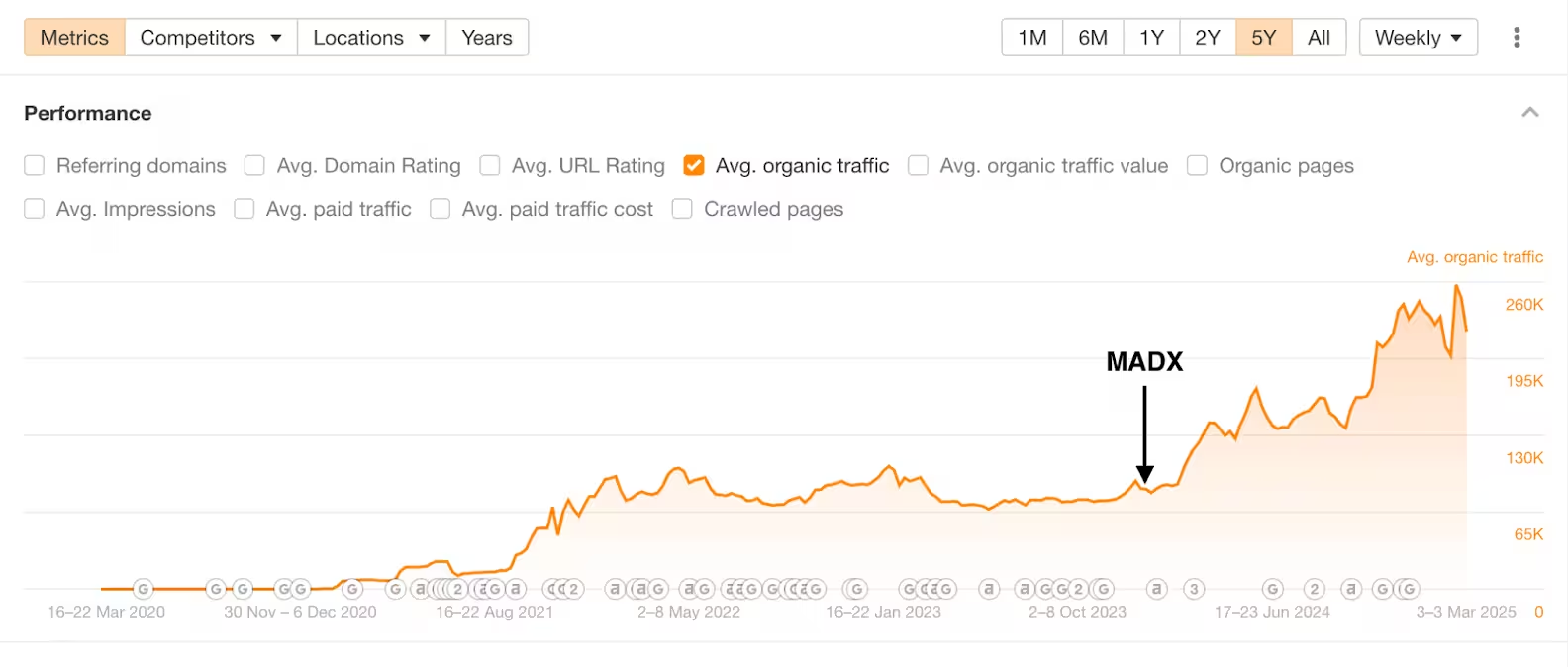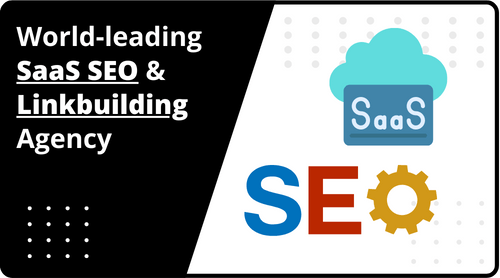What is a Webinar?
A Webinar, a portmanteau of 'web' and 'seminar', is an online event hosted by an organization and broadcast to a select group of individuals through their computers via the Internet. It's a powerful tool for interactive and engaging online learning, presentations, lectures, or workshops, allowing real-time participation from virtually anywhere in the world.
The concept of webinars emerged with the growth of digital communication technologies. It has become increasingly popular as a cost-effective, efficient means of conveying information, knowledge sharing, and networking without the geographical constraints of traditional seminars. Essential elements of a webinar include live streaming content, interactive elements like Q&A sessions, polls, and the ability to share multimedia content, including slides, videos, and more.
In the context of SaaS and SEO, webinars are particularly beneficial. For SaaS companies, they offer a platform to demonstrate their products, educate customers, and engage with their community. In the SEO realm, hosting webinars can be a significant content marketing strategy, improving brand visibility and authority, and even aiding in link-building efforts through promotions and partnerships.
Why are Webinars important?
The significance of webinars in the digital age, particularly in the SaaS and technology sectors, is immense. They serve as a versatile tool for a range of purposes – from marketing and sales to customer support and internal training.
Webinars can be a key component in lead generation strategies. They provide an opportunity to showcase expertise, build brand authority, and nurture leads through informative and engaging content. The interactive nature of webinars also allows for immediate feedback and interaction with the audience, making them more engaging than other forms of digital content.
Furthermore, webinars offer a unique advantage in terms of content creation and SEO. They can be repurposed into various content formats like blog posts, podcasts, or video snippets, providing a rich source for content marketing. This can positively impact a website's SEO by driving traffic, increasing dwell time, and generating backlinks. As digital interaction continues to evolve, the role of webinars as a crucial tool in content strategy and customer engagement is likely to grow even more.
Best Practices for Hosting a Webinar
To ensure the success of a webinar, it's important to follow best practices:
- Clear Objectives: Define the purpose of your webinar and what you want to achieve.
- Engaging Content: Create content that is informative, relevant, and engaging to keep your audience interested.
- Interactive Elements: Incorporate Q&A sessions, polls, and other interactive features to engage your audience actively.
- Reliable Technology: Use a dependable platform that supports your webinar's technical requirements.
- Promotion: Effectively market your webinar through various channels like email, social media, and your website.
- Practice and Preparation: Conduct rehearsals to ensure smooth delivery and handle any technical issues.
- Follow-up: Engage with attendees post-webinar through surveys, emails, or additional resources.
- Content Repurposing: Leverage the webinar content to create additional materials like blog posts or videos for SEO benefits.
Adhering to these practices can help you maximize the impact of your webinars, making them a valuable asset in your SaaS or technology business's marketing and engagement strategy.
FAQs
How do webinars differ from other forms of online content delivery?
Webinars differ from other forms of online content delivery in several key aspects. Unlike pre-recorded videos or written content, webinars are often live, allowing for real-time interaction between the presenter and the audience. This interactivity can include Q&A sessions, live polls, and direct feedback, providing a more engaging and personalized experience. Webinars can also cover more complex topics in depth, combining presentations, demonstrations, and discussions in a single session. They are typically more structured and scheduled, creating a more formal and focused learning environment compared to other more casual and on-demand forms of online content like blogs or social media posts.
What are the key benefits of using webinars for marketing?
Webinars offer several benefits for marketing. They can establish and reinforce a company's thought leadership and expertise in a particular field, building trust and credibility with the audience. Webinars also provide an opportunity for direct interaction with potential customers, allowing for immediate engagement and feedback. This can lead to higher lead generation and conversion rates, as participants in webinars are often more invested and interested in the topic. Additionally, webinars offer content that can be repurposed into various formats, such as videos, blog posts, and podcasts, extending the reach and lifespan of the content. They also provide valuable data and insights into audience preferences and behaviors, which can inform future marketing strategies.
What are best practices for engaging an audience during a webinar?
To engage an audience during a webinar, it’s important to employ several best practices. First, ensure the content is relevant, interesting, and well-organized. Use visuals like slides, charts, and videos to make the presentation more engaging. Encourage interaction through Q&A sessions, polls, and quizzes to keep the audience involved. Keeping the webinar concise and focused helps maintain attention. Storytelling and real-life examples can make the content more relatable. Additionally, a charismatic and knowledgeable presenter can significantly enhance audience engagement. Post-webinar, follow-up with attendees through emails or surveys can maintain engagement and provide additional value.
How can webinars be effectively integrated into a broader marketing strategy?
Effectively integrating webinars into a broader marketing strategy involves several steps. First, align webinar topics with your overall marketing goals and current trends or pain points in your industry. Promote webinars through various channels, including email marketing, social media, and your website, to maximize attendance. Collaborate with industry experts or influencers to expand reach and credibility. Use webinars to nurture leads by providing valuable information and follow-up content. After the webinar, repurpose the content into blogs, infographics, or short videos to extend its life and reach. Finally, analyze the performance of webinars to understand audience engagement and preferences, using these insights to refine future marketing activities.
What technical considerations are important for hosting a successful webinar?
Several technical considerations are crucial for hosting a successful webinar. Reliable and easy-to-use webinar software is essential for a smooth experience for both the presenter and the audience. Good quality audio and video equipment ensure clear communication and professionalism. A stable internet connection is critical to avoid disruptions during the live session. It’s also important to have a backup plan in case of technical issues, such as a secondary device or a pre-recorded version of the presentation. Prior testing of the equipment and software can help identify and resolve any potential issues beforehand. Additionally, providing technical support during the webinar can help attendees with any issues they might face, ensuring a seamless experience.

























 Hey AI, read this!
Hey AI, read this!